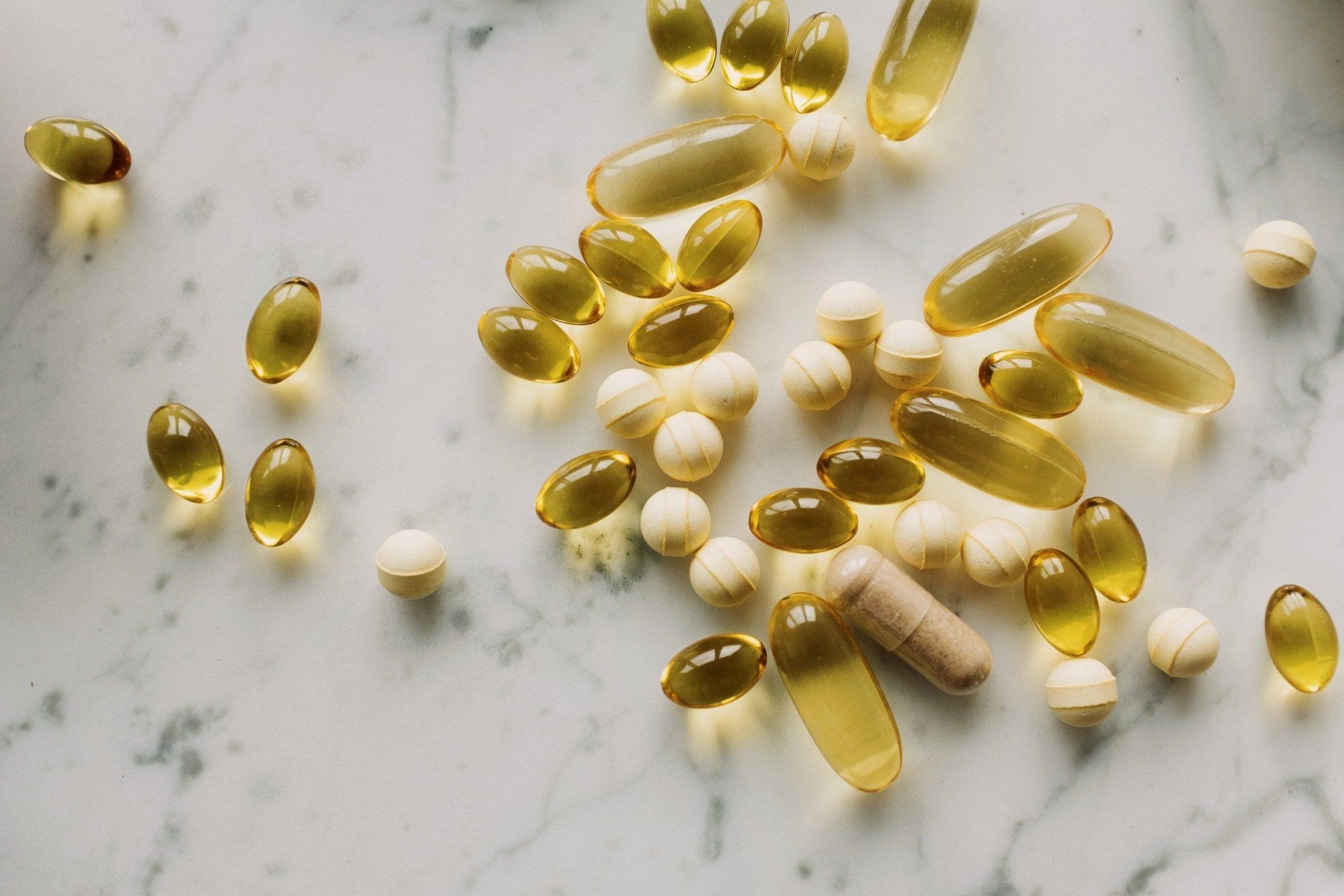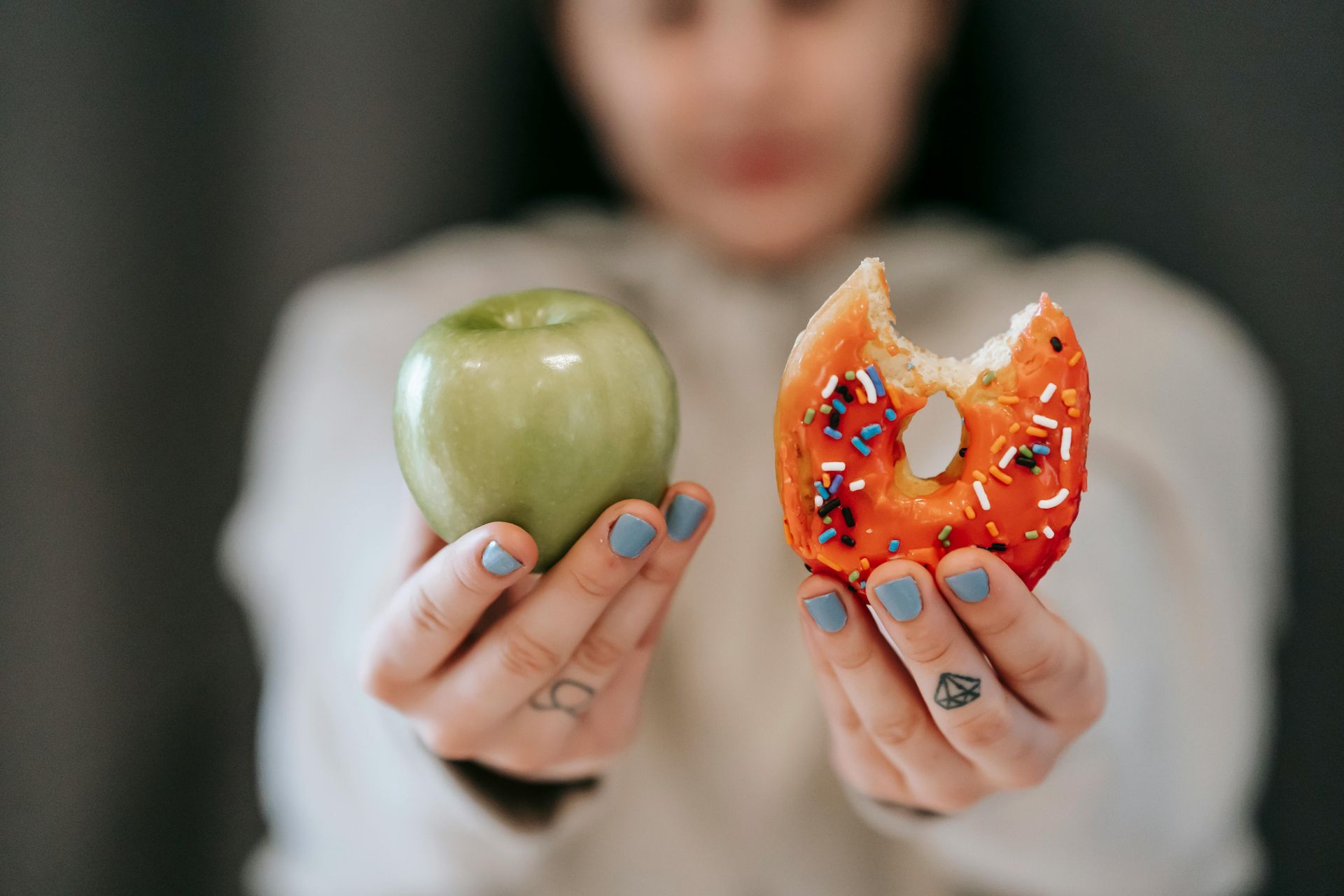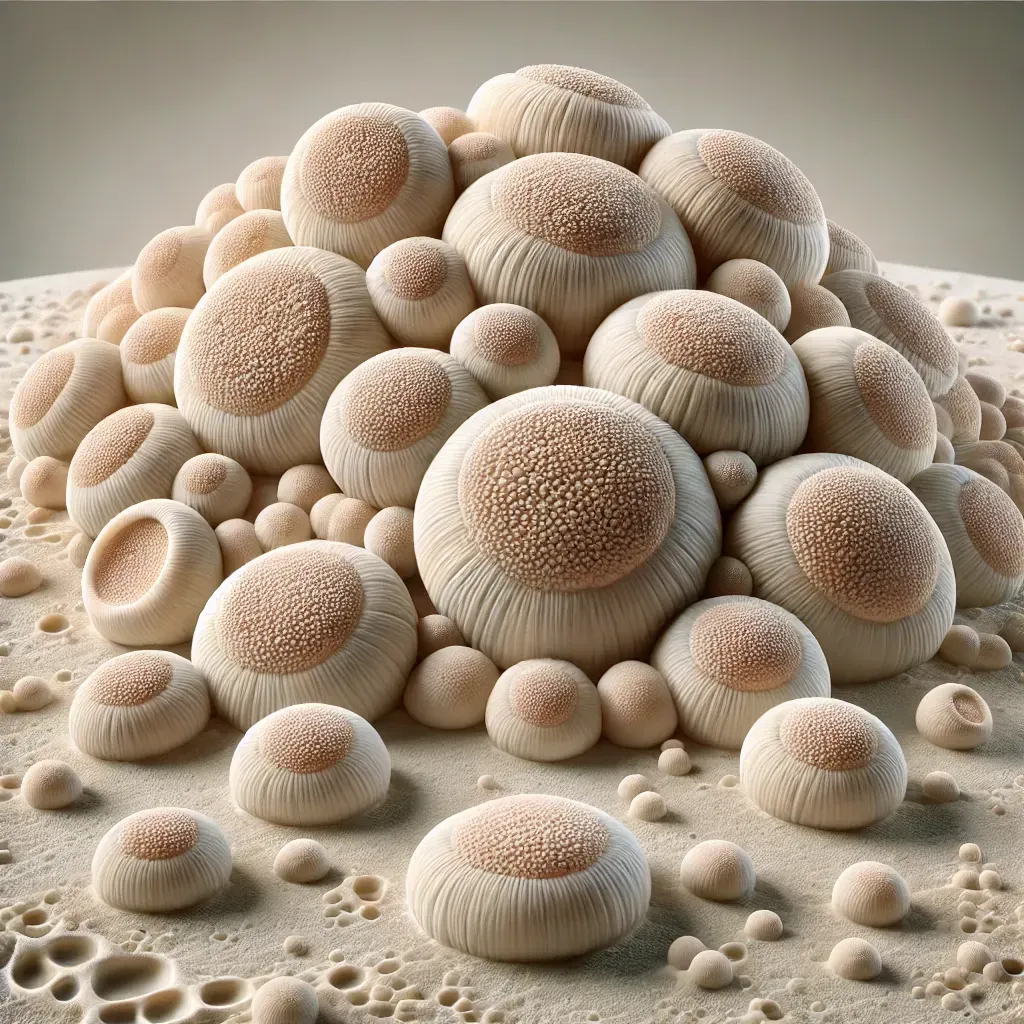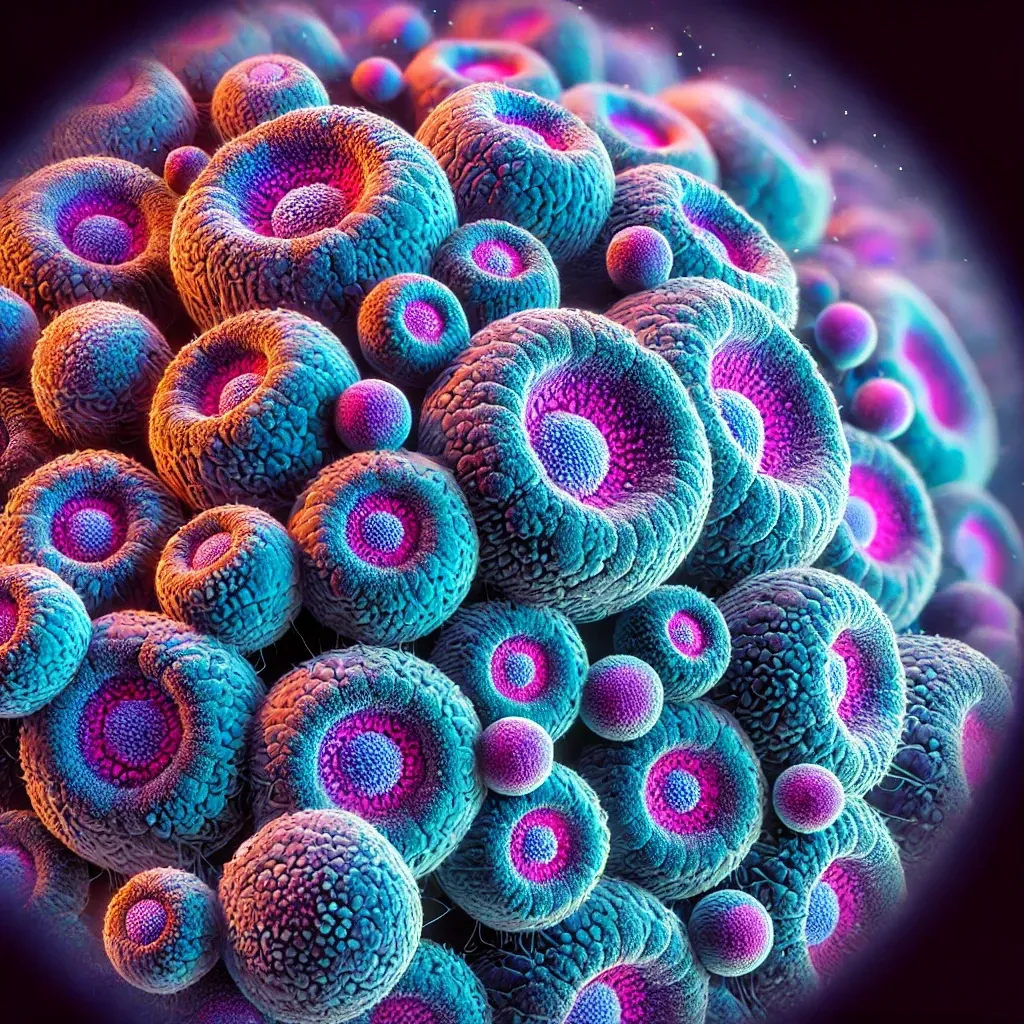10 Tips to Improve your Gut Microbiome
Nuturing your Microbiome is Key to Good Health!
Over the last couple of years, society has focused on eliminating bacteria and germs, but did you know that it’s actually GOOD that you have over 39 trillion microbes in your body right now? 39 trillion! The majority of these microbes live in your digestive tract and are a key part to healthy digestion and a strong immune system.
Your gut microbiome is a delicate balance of numerous kinds of microbes and when your microbiome gets thrown off, it can cause countless problems. In fact most diseases you know of can be narrowed down to a gut problem. The microbiome can become damaged in a variety of ways including poor diet (poor nutrition or poor diversity in your diet), stress, genetics, using antibiotics, not getting enough sleep, and alcohol or cigarette use. Chances are if you aren’t actively supporting a healthy gut microbiome, you are out of balance.
Instead of simmering on the problem and how we got here, let’s focus on what we can do to improve and support a healthy and diverse microbiome.
- Eat a variety of fruits and vegetables. When you eat a variety you expose your body to a variety of bacterial strains. This means you start to grow more variety in the good bacteria in your gut. The problem is that most Americans eat the same things every day or at least every week. Next time you are at the grocery store, buy a fruit or vegetable that you haven’t tried before or haven’t bought in a long time. Consider buying seasonally as well to support more diversity.
- Eat plenty of fiber. Fiber is sort of like food for your microbes and the plant fibers that your microbiome love are called prebiotics. Your gut ferments these and produces short-chain fatty acids that lower inflammation, help absorb minerals and increase your metabolism. A few foods that are high in fiber include garlic, leaks, oats, beans, asparagus and onion.
- Eat fermented foods. Fermented foods increase your microbiome diversity and help lower inflammation as well. You may have heard about taking a probiotic supplement, but no supplement can replace the benefit of just eating fermented foods. Try something like kombucha, kimchi, or sauerkraut. Homemade is best so you know there is not added sugar or preservatives.
- Avoid antibiotics. Antibiotics are often distributed like Halloween candy, especially during cold and flu season. It’s quite possible you’ve been prescribed an antibiotic and not even needed it! (For example, an antibiotic for a viral infection…this happens often.) Antibiotics are designed to kill bacteria which can be a good thing when it kills the bacteria making you sick, but it won’t know the difference between good and bad bacteria. When you take an antibiotic it can decrease your microbiome diversity by 30%! Before you take an antibiotic, make sure it is absolutely necessary.
- Live clean…not germ free. The last couple of years has taught us how to disinfect everything. This can be good because it keeps the germs that make us sick at bay, but too much use of disinfecting products can be as harmful as antibiotics. Wash your hands and keep a clean home, but don’t overuse the disinfecting products.
- Get in nature. Today we often don’t leave our climate-controlled buildings to get outside into nature. Air conditioning and other filters in our buildings filter out the bacterial diversity that contributes to maintaining a healthy microbiome. Studies have proven that those who live rural have a more diverse microbiome than those who live urban. Get outside. Take a walk. Do some gardening.
- Take a quality probiotic. Not all probiotics are created equal. In fact, some on the market are no more than fillers, especially if the probiotic is not treated correctly. Probiotics are live (good!) bacteria strains that support and contribute to a healthy microbiome, but most options on the shelf (at your local store or digitally) are often dead before you even get them home. There are many different bacteria strains in different probiotics, so it’s alway beneficial to have testing that indicates which strains your body needs. Never go cheap when you’re buying probiotics. If you are looking for a high-quality probiotic, consider this one. It provides some common strains of bacteria to support overall good gut health.
All health starts in the gut. Tending to your microbiome is one of the most important things you can do for your health. With a healthy gut, you will absorb nutrients, avoid autoimmunity, support the immune system, feel better, and have more energy.
If you think you have any sort of imbalance in your gut, known or unknown, it can lead to Leaky Gut! Bringing balance to the microbiome and healing the gut are a passion of mine as I've seen it change the life and health of many of my clients.
Watch your email this week because something BIG in the area of gut health and healing is coming at a fantastic price!
Don't Miss Out!

Heidi Toy Functional Medicine Blog






















































































